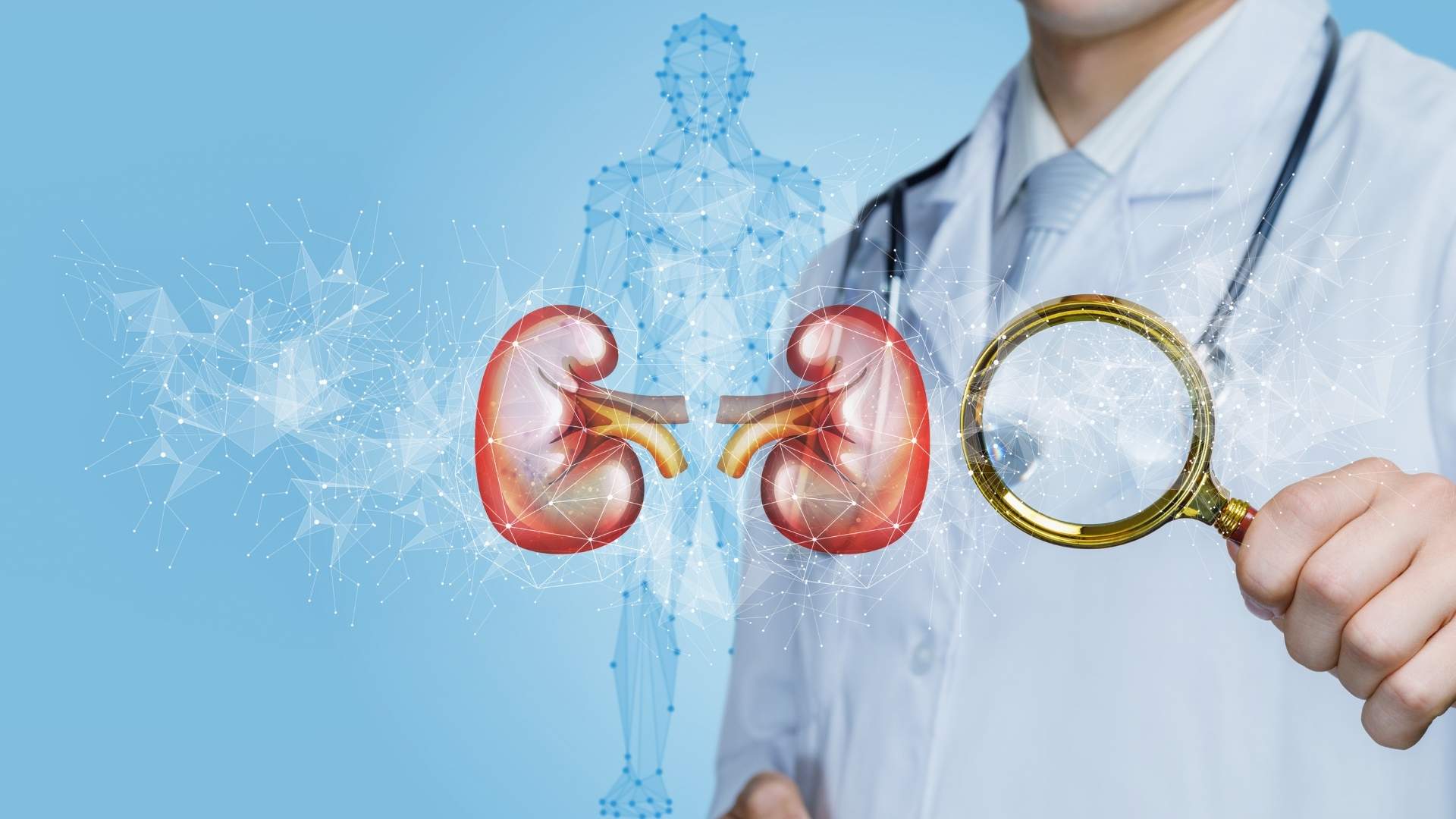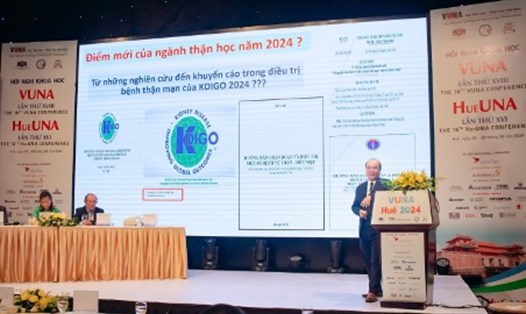Common symptoms
Autosomal dominant polycystic kidney disease will experience the following symptoms:
- Headache
- Blood in urine
- Pain in the back or sides
- Frequent urinary tract infections
- Abdominal swelling of unknown cause
It is estimated that about half of people with autosomal dominant polycystic kidney disease do not know they have the disease.

Rare symptoms
Autosomal recessive PKD is a rare type of polycystic kidney disease that primarily affects newborns and fetuses. Symptoms of this disease include:
- Enlarged kidneys due to cyst growth disrupt the normal functioning of the kidneys
- Intrauterine growth retardation, meaning small size
- Low amniotic fluid levels while the baby is still in the uterus
Complications
In people with autosomal dominant polycystic kidney disease, cysts can interfere with the kidneys' ability to function and can cause complications including:
- High blood pressure
- Kidney failure leading to dialysis or kidney transplant
- Liver and pancreatic cysts
- Urinary tract infection (UTI)
- Heart valve problems
- Bowel problems, especially affecting the colon
- Cerebral aneurysm (a bulge in a blood vessel in the brain)
When to see a doctor
Because polycystic kidney disease is hereditary, it is important to know your family's health history. If a family member is affected by PKD, consider seeking the advice and care of a healthcare professional with expertise in kidney disease, such as a nephrologist, who can ensure proper monitoring and early detection of polycystic kidney disease.









